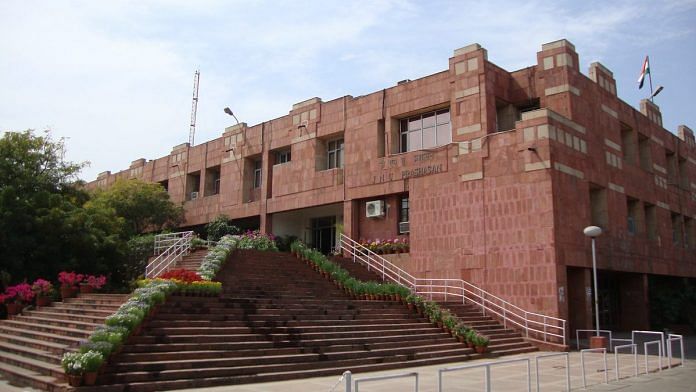Why is my university not on the so-called prestigious ‘QS World Rankings’? After almost a year of contemplation, I arrived at this question: “How can a place as vibrant as a university be given a numerical value?”
A great university isn’t just about good placements, fancy building and well-paid faculty; it also must provide its students with a thinking space that allows them to make their discipline a part of their life. It is a place to find their political, social and scientific selves. Essentially, a university should help in enriching a person’s life. Ancient India has anecdotes about Nalanda and Takshashila, which are very inspiring. They sound like a university I can attend only in dreams.
A university should build in students the ability to say no and to dissent. These features are hardly captured in the QS rankings, which are basically job market signals from the university’s part in order to commercialise higher education.
The features of a good university have unfortunately been standardised by the top scorers. These institutions are more or less same every year. This leads to a huge inflow of funds that helps them keep the university at the top. If Cuban doctors are considered as one of the bests, should not the Latin American school of Medicine also be in the list? Yet Stanford has been awarded that respectability. Are American universities teaching about the ill-effects of market economics? How can European universities teach Indian kids about the degeneration of the economy during and post-colonialism?
Also read: IISc Bangalore’s entry in QS World Rankings isn’t a surprise. It was just a matter of time
Desi or foreign education?
We need to understand what India lacks and where it succeeds. It may be true that many government institutes do not have good infrastructure and facilities, but this cannot be generalised. We do have prestigious institutions like Jawaharlal Nehru University that help in developing thoughts and minds. The intake for IITs and IIMs are being filtered unfairly, which often pushes the upper middle class to take student loans and the elites to fly their children abroad.
Universities with bars on their campuses can enforce the culture of normalising alcohol use to someone who has chosen to abstain from it. Why should universities have bars on campus? Is it not culturally exclusive to those who prefer not to drink? Ideally, universities should have a moral responsibility of controlling substance abuse on their campuses. There are commitments in India for drug-free campuses. Students in these universities sometimes take up anti-substance abuse campaigns as opposed to the campus experiences of the student abroad who seems to have normalised substance abuse as a necessary means to socialise.
How can a university that has normalised substance abuse and unhealthy lifestyle in the name of ‘liberal’ campus environment be adjudged the best university? Will all of this feature in international rankings? Only after I had thought about all this, was I able to convince myself about my own university’s absence in these rankings.
India’s new National Education Policy 2020 talks of going global. If someone asked me if this was important, my humble answer would be ‘no’. Our university culture must dictate something different to the world. Our curriculum and teaching methods have to be India-specific and must not get involved in the credit-placement-university-international student marketing collusion that considers westernisation as modern and progressive.
Universities are cultural spaces. They should contribute towards forming minds. Almost all Indian universities are stuck in this examination-and-placement cycle. There is an urgent need to break out of this.
The author is a student at University of Madras, Chennai.




